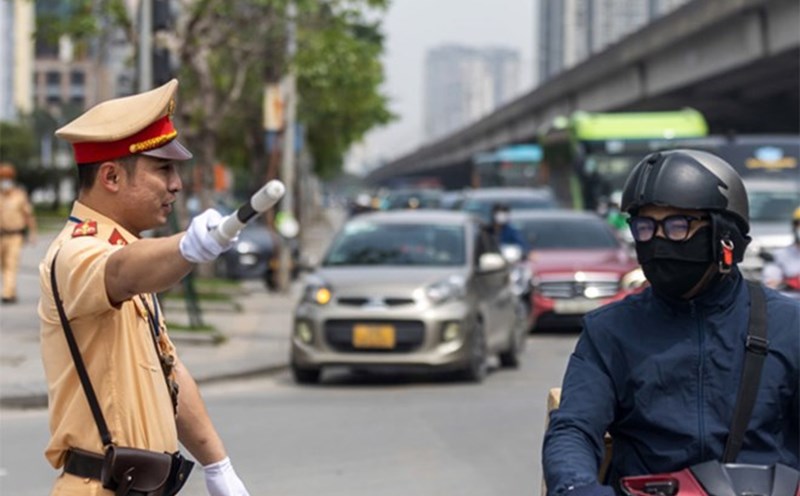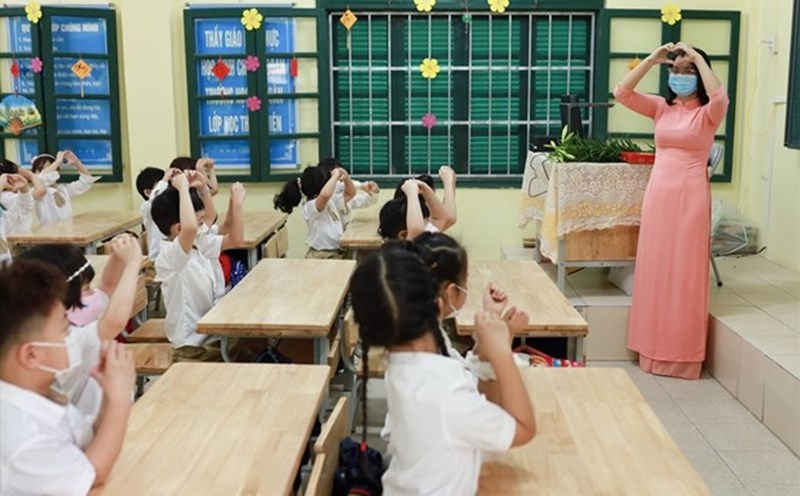From September 4, Circular 66/2025 of the Ministry of Public Security takes effect, stipulating that commune-level police must assign supervisors to order "no contact" with people who commit domestic violence, within 1 hour from the date of the decision.
This is an important step forward in protecting victims and demonstrating the determination of authorities towards domestic violence.
According to the Law on Prevention and Control of Domestic Violence, "prohibition of contact" is an emergency measure to isolate people who have committed acts of violence from victims, preventing the risk of recurrence.
This decision can be issued by the People's Committee of the commune or by the court when there is a request from the victim, the guardian or when the victim is aware that he or she is under threat.
Domestic violence not only leaves physical damage but also a serious psychological scar for victims, especially women and children.
The annual report of the Ministry of Labor, War Invalids and Social Affairs said that in 2023, the whole country recorded more than 3,200 cases of domestic violence, occurring in more than 3,100 households (a decrease compared to more than 4,400 cases in 2022).
Of which, physical violence accounted for the highest rate with 1,520 cases, followed by mental violence with 1,400 cases, economic violence with 230 cases and sexual violence with 110 cases.
In reality, many years have shown that, despite legal regulations, many victims are still in danger due to un timely supervision or lack of synchronous coordination. The shortening of the processing time to only 1 hour shows the State's determination to put the safety of victims first.
The new regulation also carries a strong message: domestic violence is no longer a private matter in every family, but a social issue that requires timely intervention by law and the community. This is a suitable step in the context of society increasingly promoting human rights, gender equality and the right to a safe life of every citizen.
Not only stopping at the legal scope, Circular 66/2025 also contributes to raising social awareness. When knowing that in just 1 hour, the authorities were present to monitor, the person committing the act of violence will have to consider carefully before reoffending. At the same time, the community - from the village chief, the head of the residential group to the grassroots security force - is also put in a proactive role in protecting the victim, instead of standing outside to observe.
This is the foundation for forming a "community shield", where any act of violence is promptly condemned, monitored and prevented.











